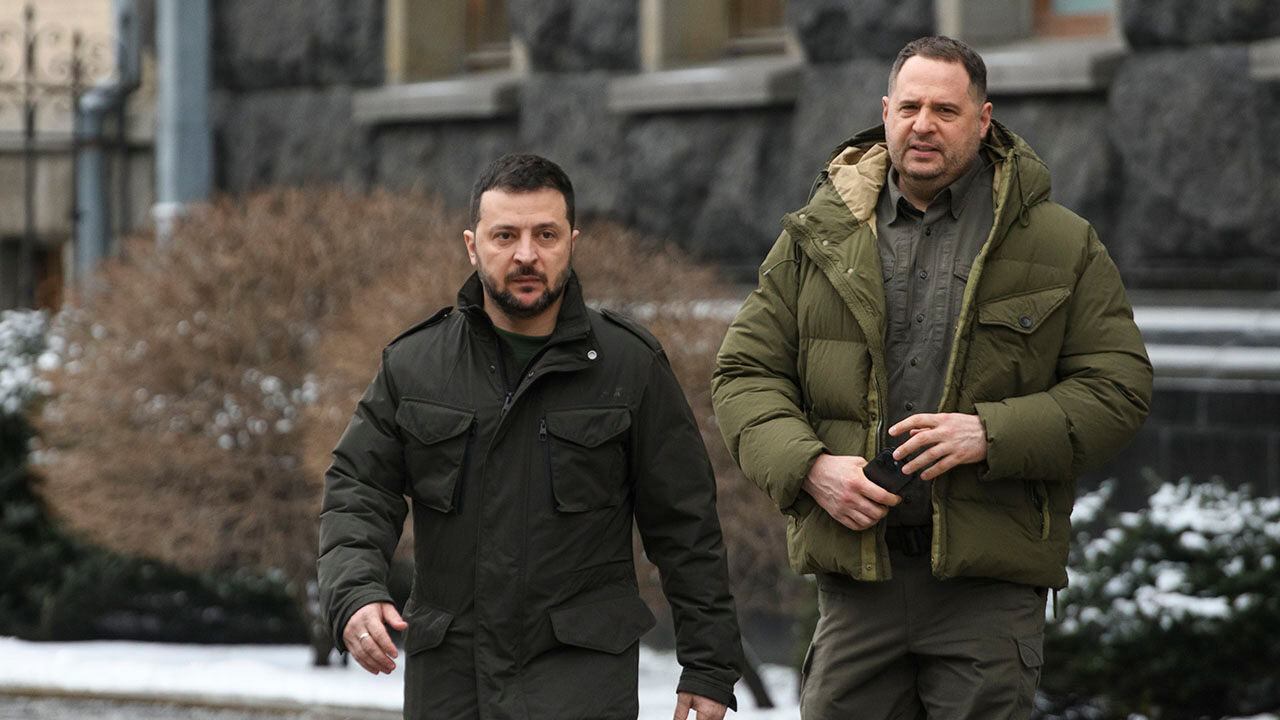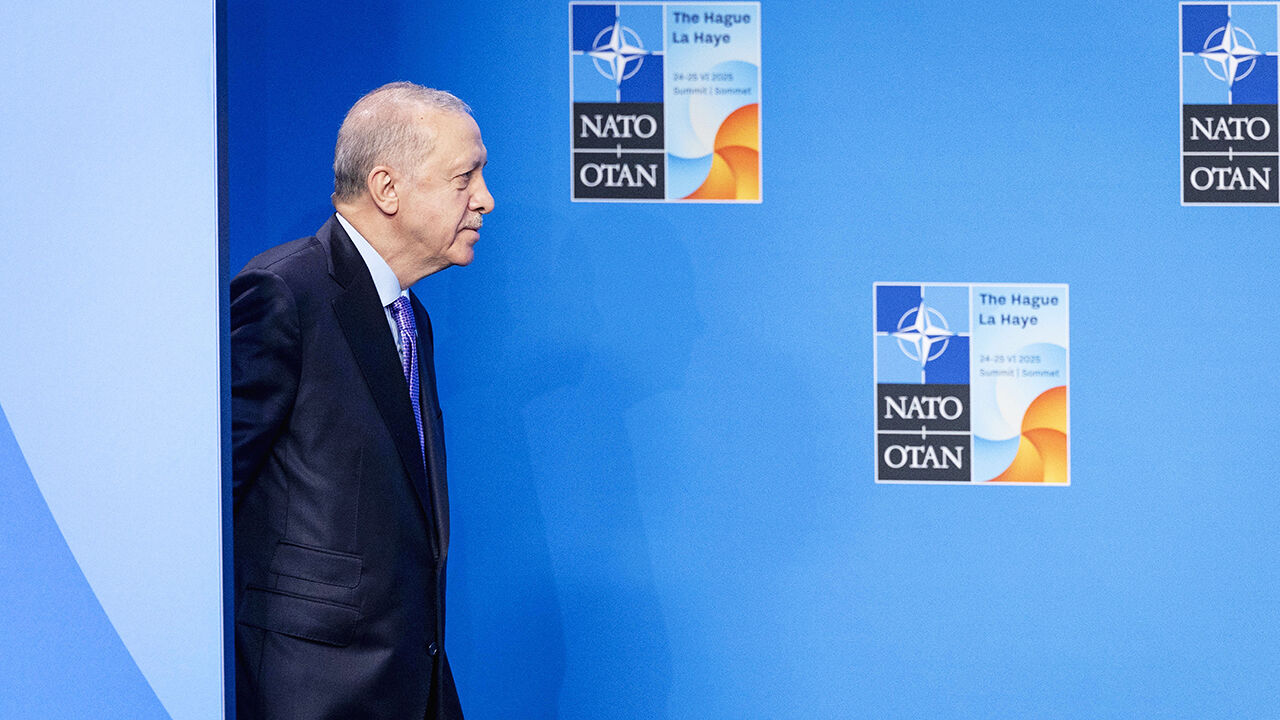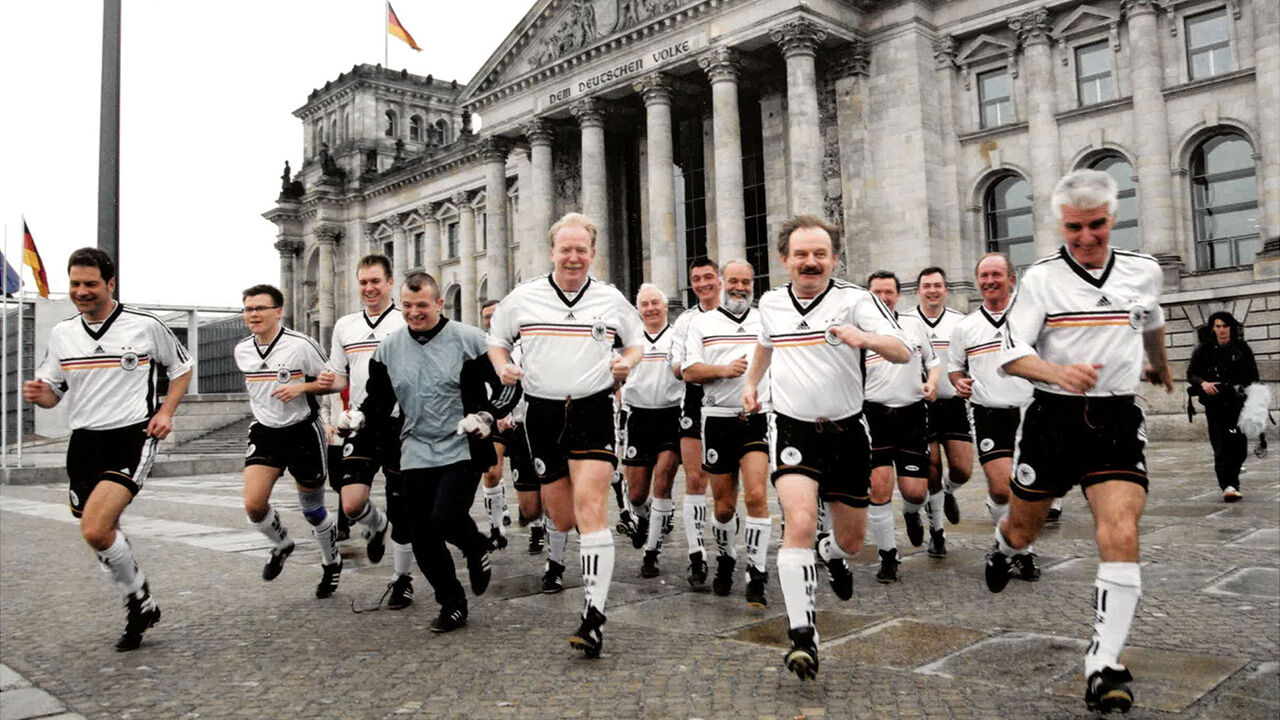Israel, Iran and the Middle East: what next?

Event overview
Speakers
- Zanny Minton BeddoesEditor-in-chiefZanny Minton Beddoes is the editor-in-chief of The Economist. Prior to this role, she was the economics editor, overseeing the global economics coverage. Ms Minton Beddoes has written extensively about international financial issues, including the enlargement of the European Union, the future of the International Monetary Fund and economic reform in emerging economies. She has published in Foreign Affairs and Foreign Policy, contributed chapters to several conference volumes and, in 1997, edited “Emerging Asia”, a book on the future of emerging markets in Asia. In May 1998, she testified before Congress on the introduction of the euro.
- Edward CarrDeputy editorEdward Carr is the deputy editor responsible for editorial. He works alongside the editor-in-chief to oversee The Economist‘s journalism. He joined the newspaper as a science correspondent in 1987. After a series of jobs covering electronics, trade, energy and the environment, he moved to Paris to write about European business. In 2000, after a period as business editor, Mr Carr left for the Financial Times, where he worked latterly as news editor. He returned to The Economist 2005 as Britain editor, then became business affairs editor for a number of years. He was foreign editor (2009-15) before taking up his current role.
- Gregg CarlstromMiddle East correspondentGregg Carlstrom is a Middle East correspondent for The Economist, based in Dubai. He has covered the region for more than a decade, with stints in Cairo, Beirut and Tel Aviv. His reporting and analysis on the Middle East has been published in a number of other publications, including Foreign Affairs, The Atlantic and Politico. His first book, “How Long Will Israel Survive: The Threat From Within,” was published in 2017.
- Anshel PfefferIsrael correspondentAnshel Pfeffer is The Economist’s Israel correspondent, from where he has reported for the past 26 years. He is also a senior correspondent and commentator for Israeli newspaper Ha'aretz. Over the years he has covered a broad range of subjects including religion, education, the military, and foreign affairs. His most recent book is “Bibi: The Turbulent Life and Times of Benjamin Netanyahu,” which was published in 2018. His latest book “God Fearers, on Jewish Fundamentalism” will be published by Penguin in 2024.
- Nicolas PelhamMiddle East correspondentNicolas Pelham is The Economist’s Middle East correspondent. He started work in Cairo as editor of the Middle East Times and since then has spent 30 years studying, travelling and writing in the region. He is the author of A New Muslim Order (2008), A History of the Middle East with Peter Mansfield (2012) and Holy Lands (2016) which explores the region’s pluralist past. Taking occasional breaks from journalism, he has worked as a Middle East analyst for the International Crisis Group, the United Nations and the Royal Institute of International Affairs. In 2017 he won the Gerald Loeb Award for Distinguished Journalism.
- Shashank JoshiDefence editorShashank Joshi is The Economist‘s defence editor. Prior to joining The Economist in 2018, he served as Senior Research Fellow at the Royal United Services Institute (RUSI) and Research Associate at Oxford University’s Changing Character of War Programme. He has published books on Iran’s nuclear programme and India’s armed forces, written for a wide range of newspapers and journals, and appeared regularly on radio and television. He holds degrees from Cambridge and Harvard, where he served as a Kennedy Scholar from Britain to the United States.
FAQs
Where do I watch the live event?
Before the event you will receive an email with a link saying “Join now”. This will take you to the event page where you will see a countdown clock indicating how long until the event begins. Shortly before the event, a video player will automatically appear on your screen. If a video player does not appear, please refresh your browser. At the time of the event the video player should start automatically, if it does not, please press play.
Can I watch subscriber events with closed captions?
During the live event participants have the option to enable automated closed captions. Please note the captions are automated and so not verified by The Economist.
How do I submit a question for an upcoming subscriber event?
Visit the events hub and click on the page for the upcoming event. On this page you will see a section where you can submit your question. You can also use the same Q&A tool to submit your questions during the live event.
Why can I see the live event but not hear any sound?
Some web browsers prevent sound from playing automatically. Select the mute/unmute button in the video player or on your browser tab to start the audio.


